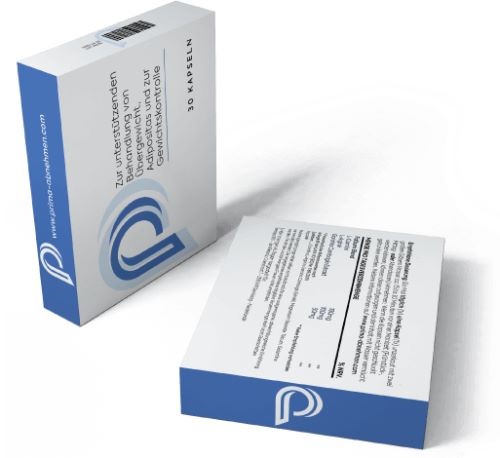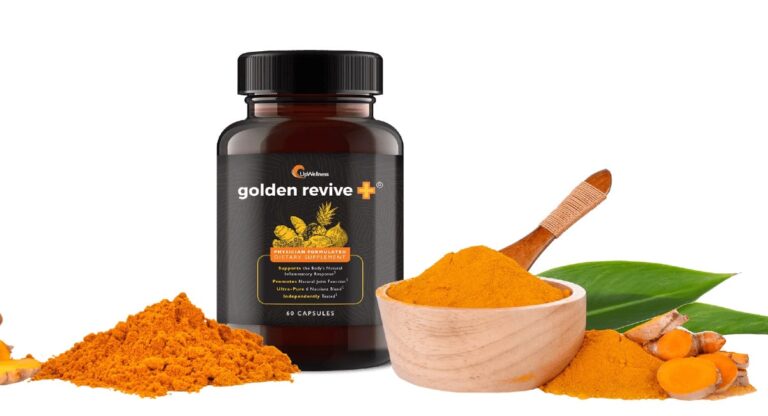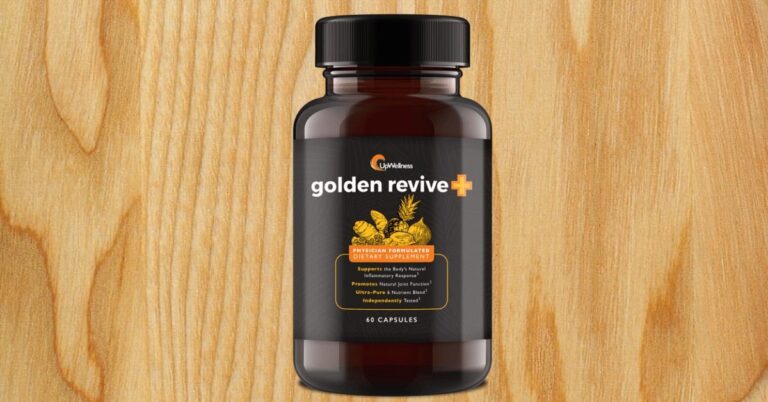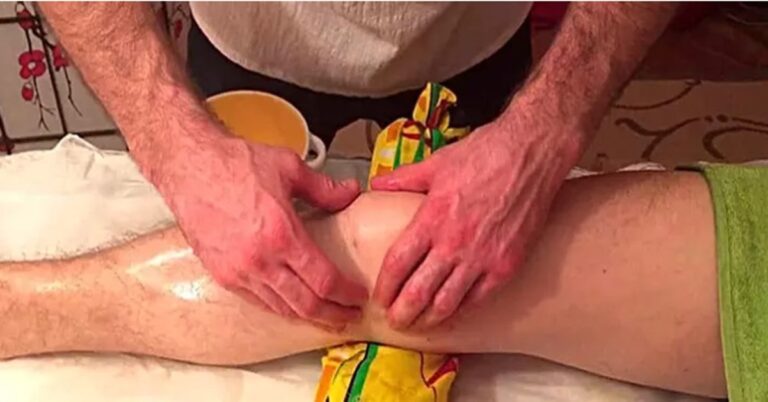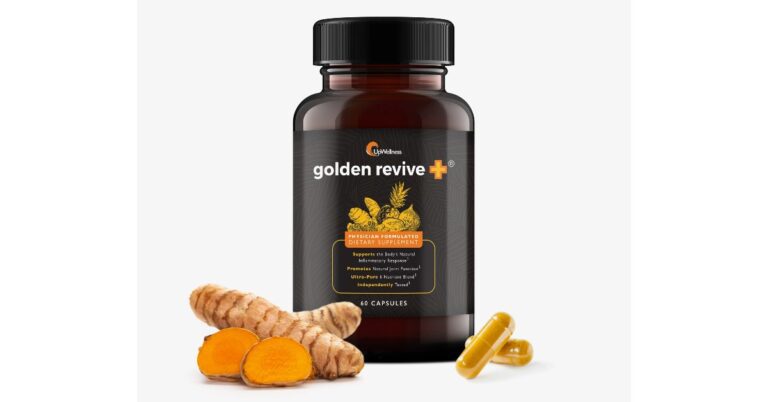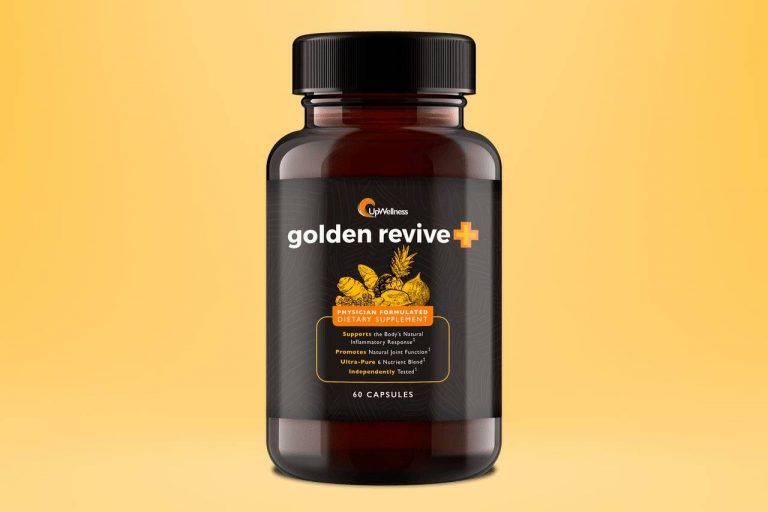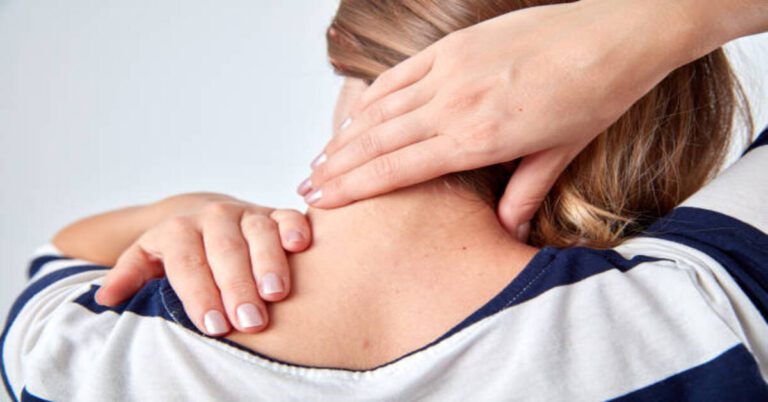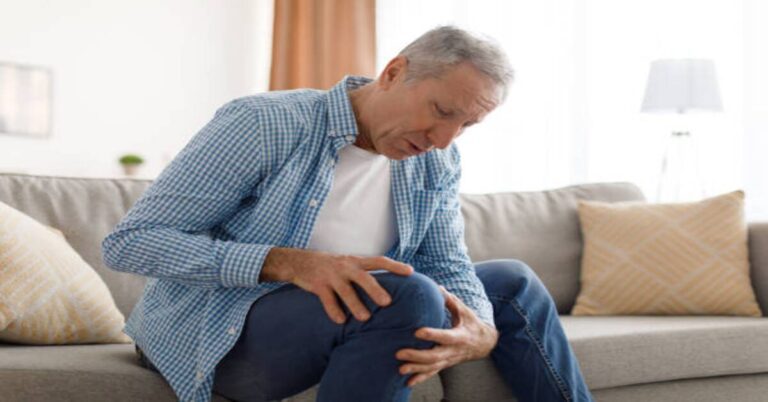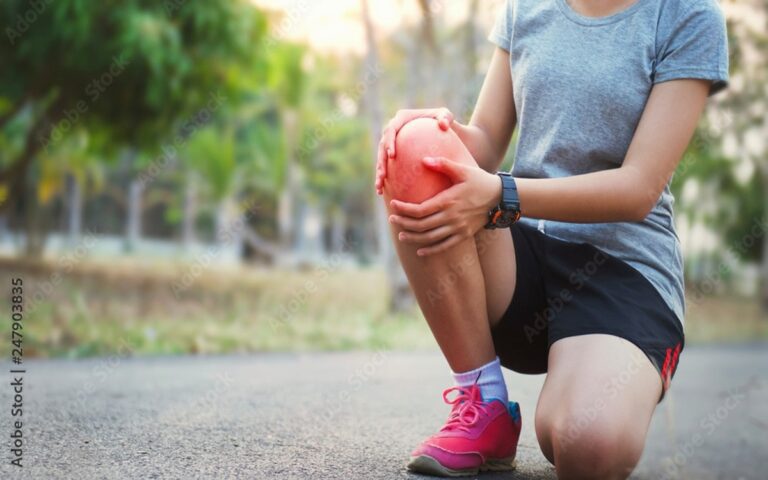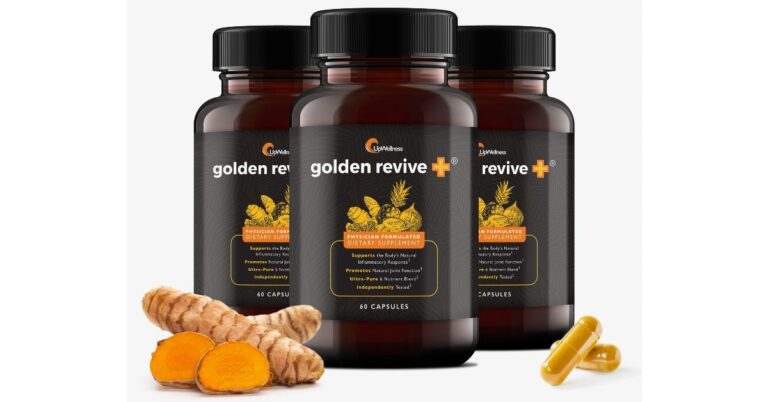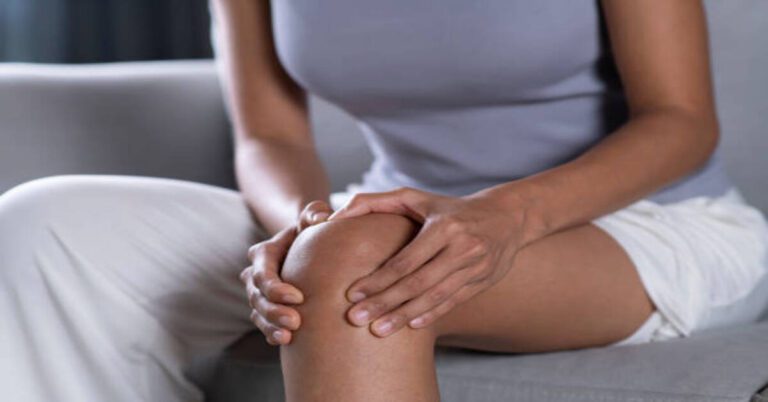The Best Fluffy Pancakes recipe you will fall in love with. Full of tips and tricks to help you make the best pancakes.
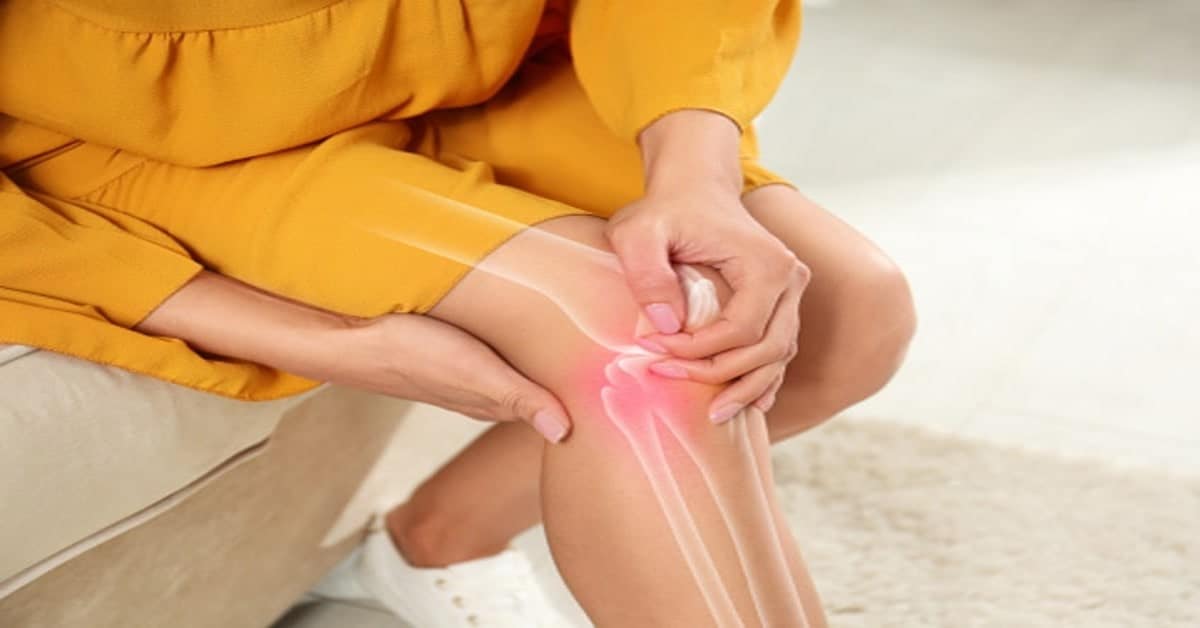
Knee pain is a common issue affecting millions of people worldwide and can be caused by several factors, such as age, injury, or even medical conditions. Fortunately, many joint knee pain treatments are available to help reduce symptoms and promote healing.
These treatments range from lifestyle adjustments to more advanced medical interventions and can be tailored to meet individual needs. In this article, we discuss the various joint knee pain treatment options available so you can decide which treatment best suits your condition.
Joint knee pain can be debilitating and significantly affect an individual’s quality of life. The knee joint is one of the most complex joints in the body, and it is susceptible to various types of injuries and diseases.
The most common causes of knee pain are osteoarthritis, rheumatoid arthritis, and injuries. This article will discuss the various treatment options available for joint knee pain, including non-surgical and surgical options.
Top 5 Best Joint and Cartilage Supplement of 2024 That Works
( Based On Criteria For Evaluation )
Let’s take a quick look at some of the top 5 most effective Stiff joints, ligaments, tendons, and muscle supplements. Whether it’s due to aging, injury, or chronic conditions, the constant discomfort and limited mobility can leave you feeling frustrated and hopeless.
Best Overall: Joint Hero
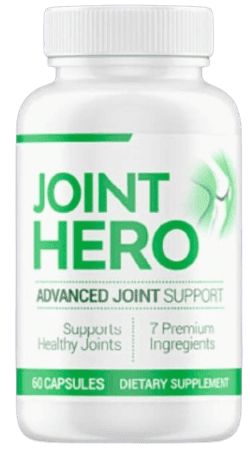
Natural ingredients Clinically Shown To Protect Joint Tissue
- Good-quality ingredients
- Block haywire immune markers
- Feel years younger!
- Money-Back Guarantee
- Encourages healthy joints, cartilage, and bone
- Company reputation & 24-Hour Support
- 70% of customers express satisfaction
- Powerful Testimonials
#2Pick Golden Revive Plus
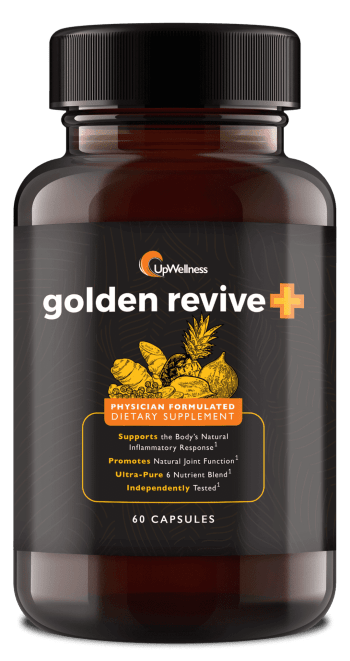
All-natural solution for stiff joints, ligaments, tendons, and muscles
- High-quality ingredients
- Protect synovial joints from degradation
- Encourage healthy joints, cartilage, and bone
- Support healthy joint flexibility and mobility
- Reduce swelling and discomfort
- Money-Back Guarantee
- Encourages healthy joints, cartilage, and bone
- Company reputation & 24-Hour Support
- 98% of customers express satisfaction
- Powerful Testimonials
#3 Pick: Joint Support Plus
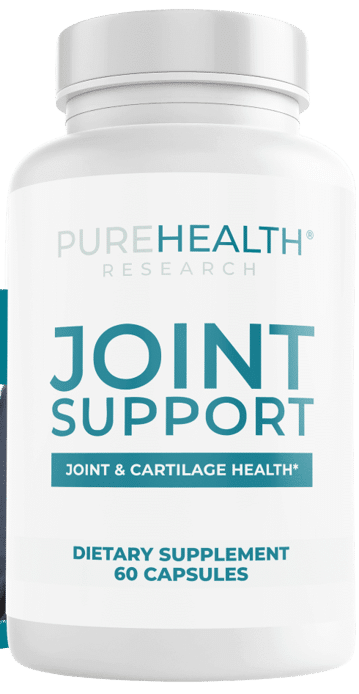
NEW Technological Breakthrough! Natural Support for Flexible Joints
- High-quality ingredients
- Soothe aches and tenderness
- Promote Pain-Free Mobility
- Support healthy joint flexibility and mobility
- Feel years younger!
- Money-Back Guarantee
- Encourages healthy joints, cartilage, and bone
- Company reputation & 24-Hour Support
- 89% of customers express satisfaction
- Powerful Testimonials
#4 Pick: Joint Genesis
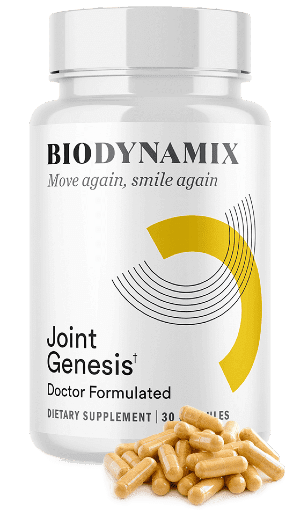
100% natural ingredients derived from superfoods
- High-quality ingredients
- Soothe aches and tenderness
- Improve walking and standing scores
- Block haywire immune markers
- Feel years younger!
- Money-Back Guarantee
- Encourages healthy joints, cartilage, and bone
- Company reputation & 24-Hour Support
- 78% of customers express satisfaction
- Powerful Testimonials
#5 Pick: Arthronol
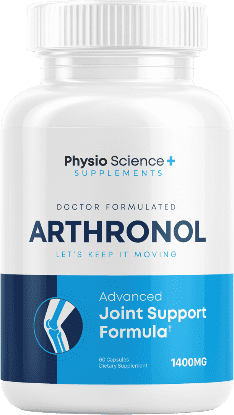
Baking Yeast that Repairs and Protects Joint Tissue for 87% of Men and women
- Good-quality ingredients
- Soothe aches and tenderness
- Reduce swelling and discomfort
- Money-Back Guarantee
- Encourages healthy joints, cartilage, and bone
- Company reputation & 24-Hour Support
- 68% of customers express satisfaction
- Powerful Testimonials
What causes chronic knee pain?
Chronic knee pain is persistent or recurrent knee joint pain that lasts more than 3 to 6 months. There are various factors that can contribute to chronic knee pain, including:
Osteoarthritis is a common form of arthritis that affects the knee joint. It occurs when the protective cartilage that cushions the ends of the bones wears down over time, causing the bones to rub against each other and leading to pain, stiffness, and inflammation.
Rheumatoid arthritis: Rheumatoid arthritis is an autoimmune disorder that can affect any joint, including the knee joint. It occurs when the immune system attacks the synovial membrane, the tissue that lines the joint, causing pain, swelling, and stiffness.
Tendinitis is an inflammation of the tendons, which are the tough, fibrous tissues that connect muscles to bones. Overuse, repetitive movements, or injuries can cause tendinitis in the knee, leading to pain, swelling, and stiffness.
Meniscus tears: The meniscus is a piece of cartilage in the knee joint that acts as a shock absorber. Tears in the meniscus can occur due to sudden movements or injury and can cause pain, stiffness, and limited mobility.
Bursitis: Bursitis is an inflammation of the bursae, which are small fluid-filled sacs that cushion and lubricate the knee joint. Overuse or injury can cause bursitis, leading to pain, swelling, and tenderness.
Patellar tendinitis: Patellar tendinitis, also known as jumper’s knee, is an overuse injury that affects the patellar tendon, which connects the kneecap to the shinbone. It is common in athletes who participate in jumping or running sports and can cause pain, tenderness, and swelling.
Fractures: Fractures or breaks in the knee joint bones can cause severe pain and immobility.
Obesity: Excess weight can stress knee pain more, leading to pain and inflammation.
Other medical conditions: Certain medical conditions such as gout, Lyme disease, and lupus can also cause chronic knee pain.
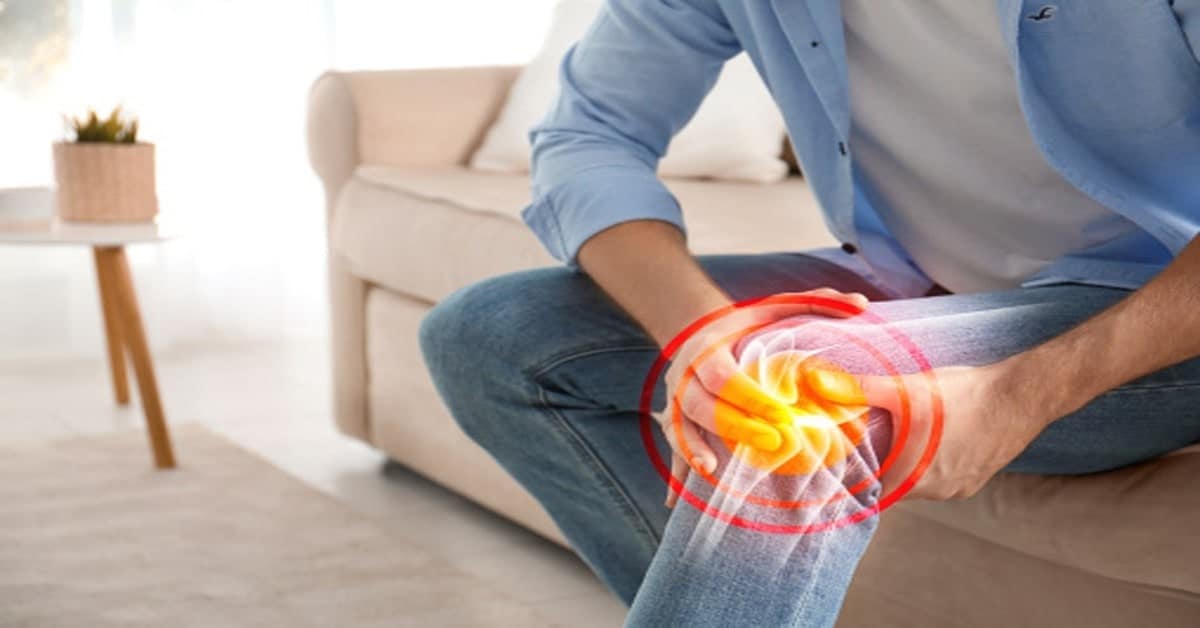
Joint Knee Pain Treatment: Non-Surgical Treatment Options
Physical Therapy
Nonsurgical treatment Physical therapy is one of the most effective non-surgical treatment options for knee joint knee pain. It involves specific exercises and stretches that help to strengthen the muscles surrounding the knee joint, improve flexibility, and reduce pain. Physical therapy is usually prescribed by a doctor or a physical therapist and can be done at home or at a physical therapy clinic.
Weight Loss
Obesity is a common risk factor for knee pain, as it puts extra pressure on the knee joint. Therefore, losing weight can significantly reduce knee pain. Losing even a small amount of weight can help to reduce the pressure on the knee joint and relieve pain.
Medications
Several over-the-counter medications can be used to relieve joint knee pain. Non-steroidal anti-inflammatory drugs (NSAIDs), such as #1 Upwellnes Golden Revive Plus, ibuprofen, and naproxen, can help to reduce pain and inflammation. Acetaminophen is also a pain reliever but does not have the same anti-inflammatory effects as NSAIDs Upwellnes Golden Revive Plus. Prescription medications, such as corticosteroids, can also reduce inflammation in the knee joint.
Injections
Injections are another non-surgical treatment option for joint knee pain. Corticosteroid injections are used to reduce inflammation and relieve pain. Hyaluronic acid injections are also used to relieve pain and improve mobility by lubricating knee injuries in the joint.
Joint Knee Pain Treatment: Surgical Treatment Options
Arthroscopy
Arthroscopy is a minimally invasive surgical procedure that is used to diagnose and treat knee joint problems. During the procedure, a small camera is inserted into the knee joint, which allows the surgeon to see inside the joint. Small instruments are then used to repair or remove damaged tissue. Arthroscopy is often used to treat meniscal tears, cartilage damage, and loose bodies in the knee joint.
Total Knee Replacement
Total knee replacement is a surgical procedure used to replace the entire knee joint with an artificial joint. This procedure is usually reserved for patients who have severe joint knee pain that does not respond to non-surgical treatments. During the procedure, the damaged bone and cartilage are removed, and the artificial joint is attached to the bone. Total knee replacement can significantly improve mobility and relieve joint knee pain.
Partial Knee Replacement
Partial knee replacement is a surgical procedure that replaces only the damaged part of the knee joint. This procedure is usually reserved for patients with damage to only one part of the knee joint. The damaged bone and cartilage are removed during the procedure, and the artificial joint is attached to the bone. Partial knee replacement is less invasive than total knee replacement and can lead to a quicker recovery time.
High tibial osteotomy is a surgical procedure used to treat knee joint pain caused by osteoarthritis. During the procedure, the surgeon cuts and realigns the tibia bone to shift the weight-bearing load away from the damaged part of the knee joint. This can help to relieve pain and improve joint function.
Cartilage Repair and Regeneration
Cartilage repair and regeneration are surgical procedures that are used to repair or regenerate damaged cartilage in the knee joint. During the procedure, the damaged cartilage is removed, and the surgeon uses various techniques to promote the growth of new cartilage.
This can include using tissue grafts, stem cells, or growth factors to stimulate the growth of new cartilage. Cartilage repair and regeneration procedures can effectively treat knee joint pain caused by cartilage damage.
Factors to Consider in Treatment
When deciding on the appropriate diagnosis and treatment for joint knee pain, several factors should be considered, including the severity of the pain, the underlying cause of the pain, the patient’s overall health, and preferences. Some patients may prefer non-surgical treatment options, while others may be willing to undergo surgery to relieve their pain.
Additionally, each treatment’s potential risks and benefits should be carefully evaluated. Non-surgical treatments are generally less invasive and have a lower risk of complications, but they may not be as effective for severe or advanced cases of joint knee pain. On the other hand, surgical treatments are more invasive and have a higher risk of complications, but they may provide more significant and long-lasting pain relief.
How Can I Ease Knee Pain At Home?
Knee pain can be caused by various conditions, from arthritis to tendon and ligament injuries. To ease knee pain at home, it is important to identify what is causing your knee pain of your discomfort.
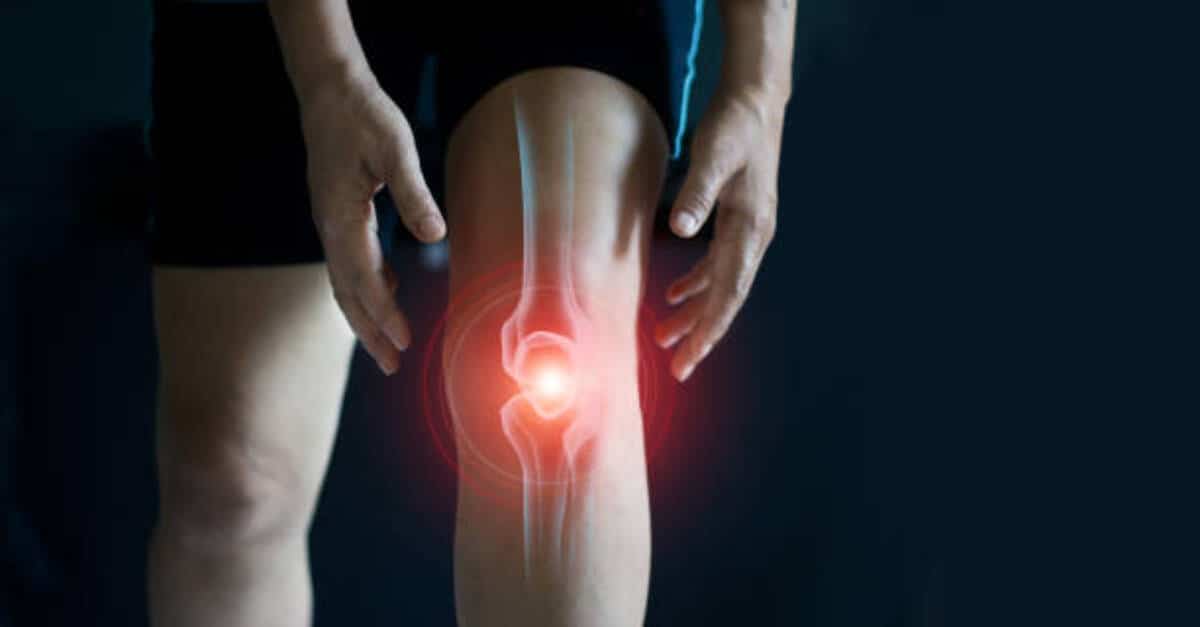
Osteoarthritis of the knee joint is one of the most common causes of knee problems.
This condition occurs when the cartilage between the bones deteriorates, leading to inflammation and pain. Treatment involves resting, using a brace or an injection for severe cases, and taking anti-inflammatory medications to reduce swelling.
Physical therapy can also effectively strengthen the muscles around the knee joint and reduce stress on the joint. Other treatments such as acupuncture may also help with knee osteoarthritis symptoms.
Taking proactive measures to address your knee pain can help relieve knee pain and your symptoms without surgery or other sophisticated treatments.
Suffering from Joint Pain, but Not Ready for Surgery?
If you are suffering from joint pain, but not ready for surgery, several options may help. Knee problems can be caused by a variety of conditions and injuries, so it is important to understand the cause of your pain before seeking treatment.
Bracing can help reduce the stress on the knee’s side and may relieve pain. Antiinflammatory drugs can also help reduce inflammation, arthritis pain, and general discomfort.
Over-the-counter pain relief medications may also be beneficial in reducing joint pain.
A physical therapist can teach you exercises that will help strengthen the muscles surrounding your kneecap to reduce discomfort and prevent further damage.
In some cases, knee replacement surgery may be necessary for severe and chronic joint pain; however, many other methods can provide relief before considering such a drastic measure.
What are some common knee problems?
There are several common knee problems that people may experience. Here are a few examples:
Knee osteoarthritis: This is a degenerative joint disease that is caused by the gradual breakdown of the cartilage in the knee joint. As the cartilage wears down, the knee joint bones can begin to rub against each other, causing pain, swelling, stiffness, and reduced range of motion.
Torn meniscus: The meniscus is a piece of cartilage that acts as a shock absorber between the thigh bone (femur) and shin bone (tibia) in the knee joint. A sudden twist or turn of the knee can cause a meniscus tear, resulting in pain, swelling, and difficulty moving the knee.
Knee bursitis: Bursae are small, fluid-filled sacs that help to reduce friction between the bones, tendons, and muscles in the knee joint. When these bursae become inflamed, it can result in a condition called knee bursitis, which can cause pain, swelling, and tenderness in the knee.
Patellar tendinitis: This overuse injury affects the patellar tendon, which connects the kneecap to the shinbone. This condition is common in athletes who engage in jumping or running sports and can cause pain and tenderness in the knee.
Knee sprains and strains: A sprain occurs when a ligament in the knee joint is stretched or torn, while a strain occurs when a muscle or tendon is stretched or torn. These injuries can be caused by sudden movements or trauma, resulting in pain, swelling, and difficulty moving the knee.
Knee fractures: A fracture or break in one of the knee joint bones can cause severe pain, swelling, and immobility.
Patellofemoral pain syndrome: This condition is caused by irritation of the cartilage on the underside of the kneecap and can result in pain and swelling in the front of the knee.
The Osgood-Schlatter disease occurs when the growth plate is irritated at the top of the shinbone, just below the knee joint. It is common in children and adolescents who are active in sports and can cause pain and swelling in the knee.
Rheumatoid arthritis: This is an autoimmune disorder that can cause inflammation and pain in the knee joint, as well as other joints in the body.
What treatments can provide pain relief?
If you are looking for a natural and effective solution for joint pain and discomfort, upwellness Golden revive Plus is definitely worth considering. It has been clinically studied for safety and efficacy and is a safe and natural way to reduce joint pain and improve joint health and mobility.
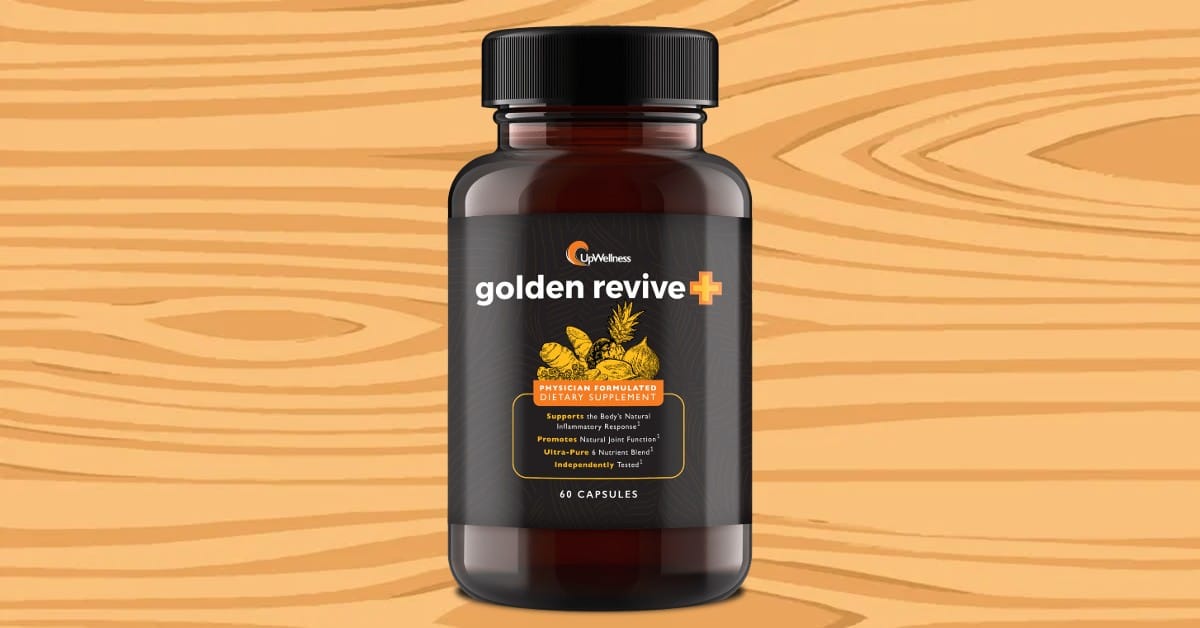
Golden Revive Plus – Your Joints, Muscles, and Nerves will immediately begin to heal Fast!Watch this video by upwellness Golden revive Plus Dr. Joshua Levitt a well-known chiropractor, healthcare practitioner, and nutritional expert that helps relieve chronic knee pain without surgery. He has been providing his expertise in health and wellness for many years and is highly respected in the industry.
Conclusion on joint knee pain treatment
Joint knee pain treatment concludes that it can help relieve the pain and inflammation associated with the condition. There are various causes of knee pain such as arthritis, injury, and overuse. Depending on the type of arthritis or the cause of knee pain, different treatments may be recommended. Determining which treatment will provide the best relief for each case is essential.
Common treatments for knee pain include anti-inflammatory medication, physical therapy, weight loss, and lifestyle modifications. Anti-inflammatory drugs effectively reduce swelling and discomfort associated with arthritis and other causes of knee pain.
Treatment should be tailored to each individual based on the severity of their symptoms and underlying causes of their joint knee pain.
Joint knee pain can be challenging to manage, but with the right treatment, most patients can find relief from their pain. Non-surgical treatments such as physical therapy, weight loss, medications, and injections can be effective for many patients. However, surgical treatments such as arthroscopy, total knee replacement, partial knee replacement, high tibial osteotomy, and cartilage repair and regeneration may be necessary for severe or advanced cases of joint knee pain.
Early diagnosis and intervention are the most crucial factors in treating joint knee pain. If you are experiencing knee pain, it is essential to seek medical attention promptly to determine the underlying cause of your pain and to develop an appropriate treatment plan. Most patients can regain mobility and quality of life with proper treatment and management.

